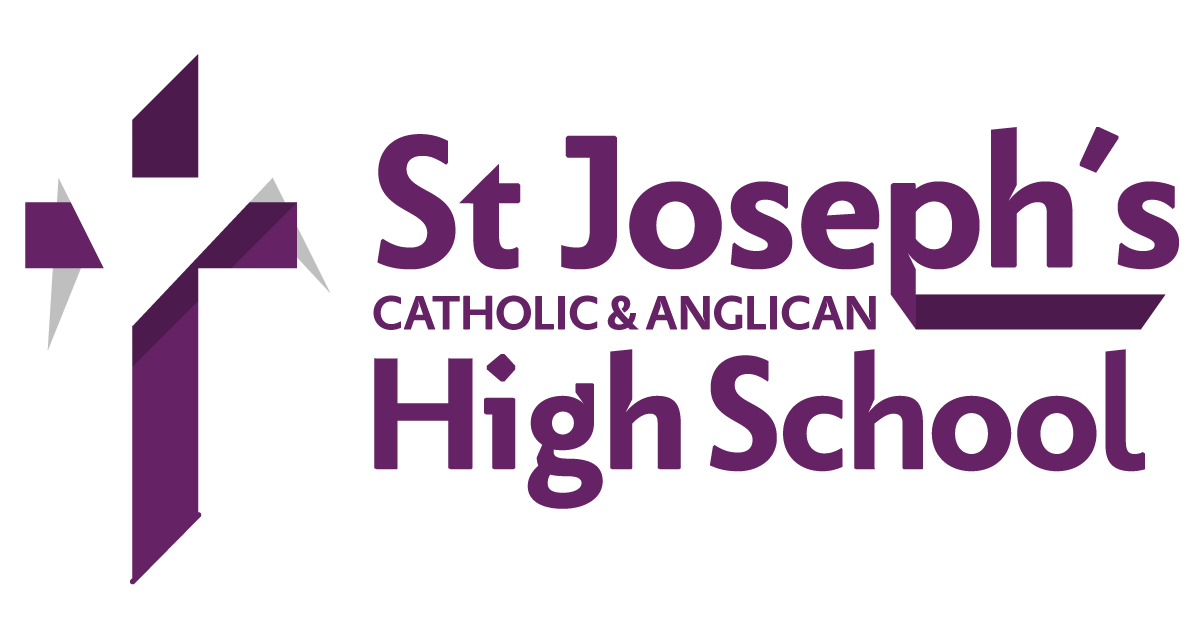Year 7, 8 & 9 overview:
All pupils irrespective of their year will take part in the following:
September – European Day of Languages
October – Role plays for demonstration at Open Evening
Feb/March – Eisteddfod
Pupils will also have the opportunity to become familiar with Germanic traditions and customs throughout the year (e.g. Christmas, Easter, Fasching), and learn about the culture and arts in German speaking countries (media, films, plays, songs, poetry etc)
Year 7:
Coursebook: Logo 1
Classes: 7 Kolbe, 7 Romero
Number of Lessons: 4 Hours per fortnight
Topics Covered: greetings, numbers, colours, birthdays, school, subjects, opinions, telling the time, eating and drinking in school, clothes, family, pets, characteristics.
Year 7 pupils also take part in the Routes into Languages Spelling Bee in German.
Pupils will have assessments in each of the 3 skills. They will also sit a Year 7 German exam.
Year 8:
Coursebook: Logo 1 and Logo 2
Classes: 8 Kolbe, 8 Romero
Number of Lessons: 4 Hours per fortnight
Topics Covered: Sport, free ime and hobbies, where I live, rooms in my house and my bedroom.My town, ordering food and drink in an ice-cream café and snack bar.
Pupils will have assessments in each of the 3 skills. They will also sit a Year 8 German exam.
Year 9:
Coursebook: Logo 2
Classes: 9 Kolbe, 9 Romero
Number of Lessons: 4 Hours per fortnight
Topics Covered: Weather, holidays, staying with a German family, making plans, holidays and travel, directions, invitations.
Pupils will have assessments in each of the 3 skills. They will also sit a Year 9 German exam in the Spring term. Pupils from these form groups will have the opportunity to opt for German at GCSE.
GCSE German:
Coursebook: GCSE German (Crown House Publishing)
Classes: 10 and 11 DE
Pupils follow the WJEC exam syllabus which can be viewed here
Pupils are tested on 4 skills – listening, speaking, reading and writing.
Key Themes
Identify and Culture
- Youth Culture – Self and relationships, Technology and Social Media
- Lifestyle – Health and Fitness, Entertainment and Leisure
- Customs and Traditions – Food and Drink, Festivals and Celebration
Wales and the World – areas of interest
- Home and Locality – Local areas of interest, Travel and Transport
- The Wider World – Local and regional features and characteristics of Germany and German-speaking countries, Holidays and tourism
- Global Sustainability – Environment, Social Issues
Current and Future Study and Employment
- Current Study – School/College life, School/College studies
- Enterprise, Employability and Future Plans – Skills and Personal Qualities, Post-16 Study, Career Plans, Employment
Examinations:
Exam Board: WJEC
The course is examined by four terminal exams in the summer of Year 11 [100%].

